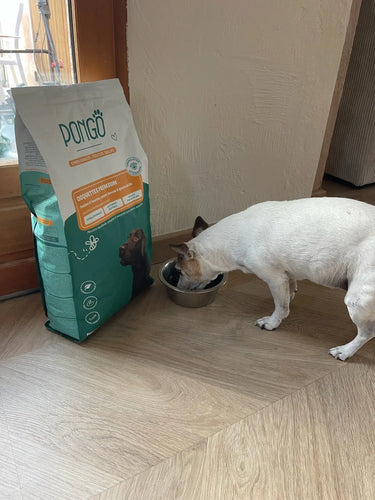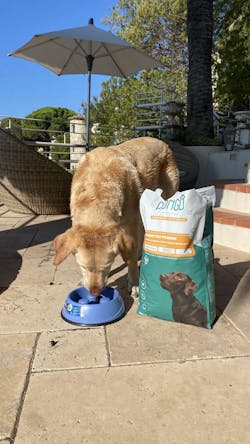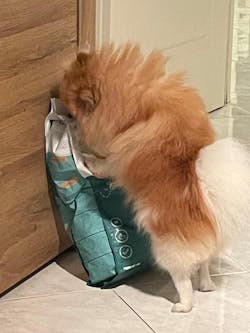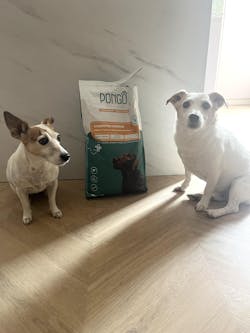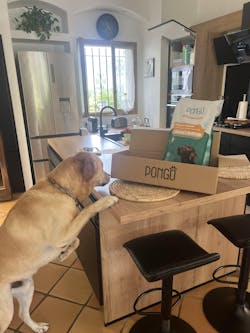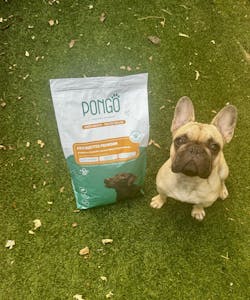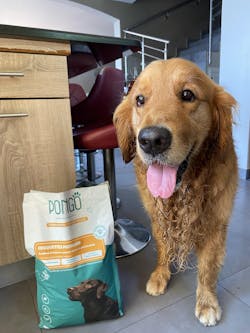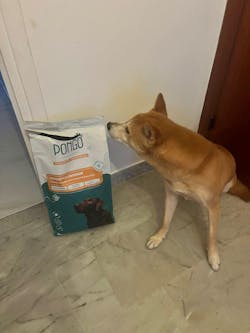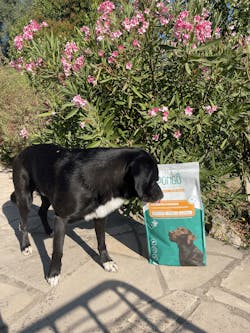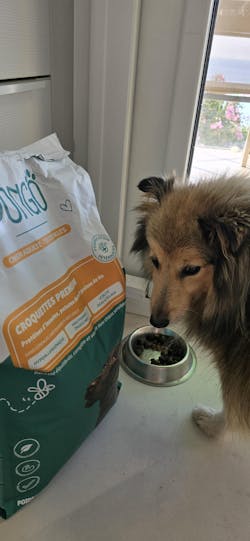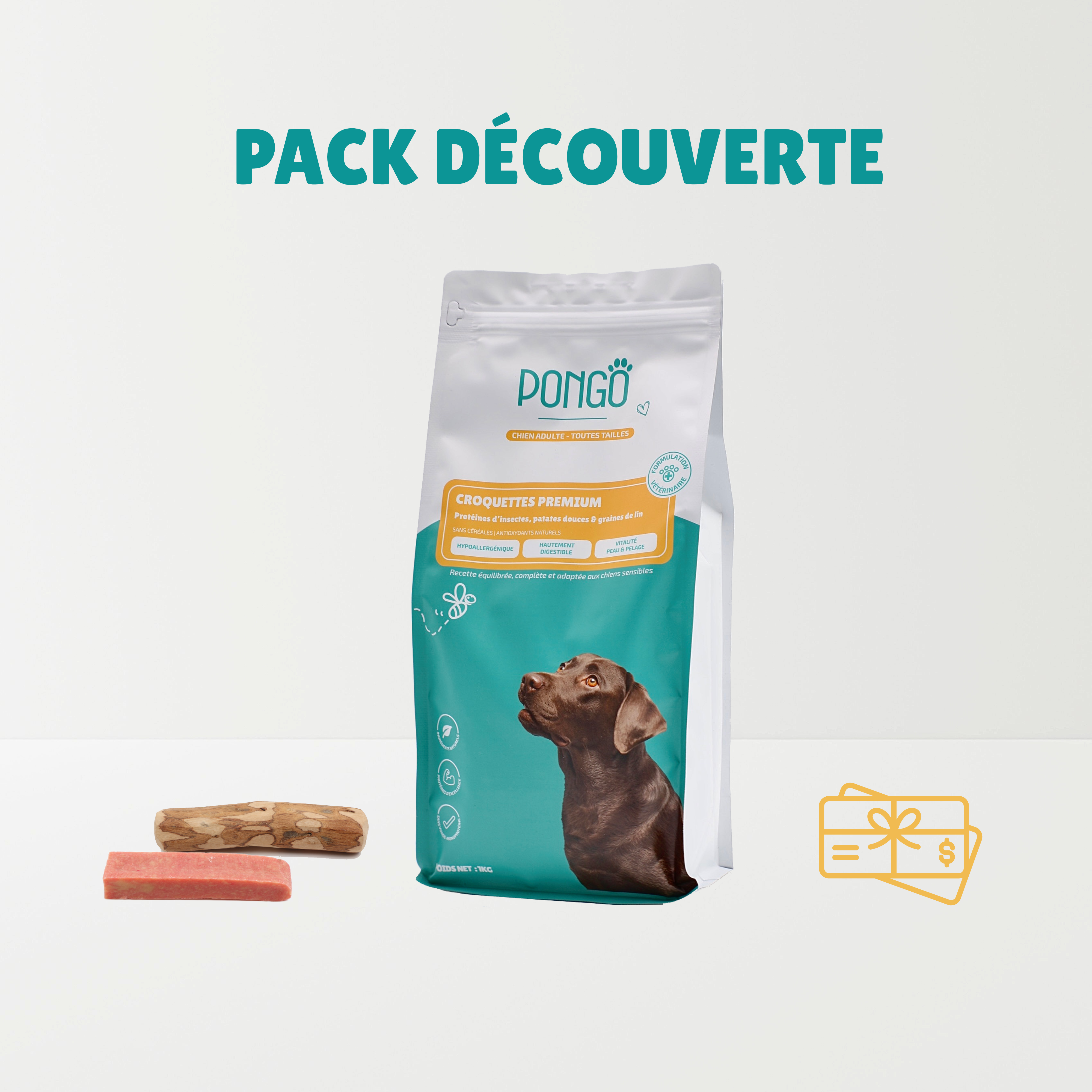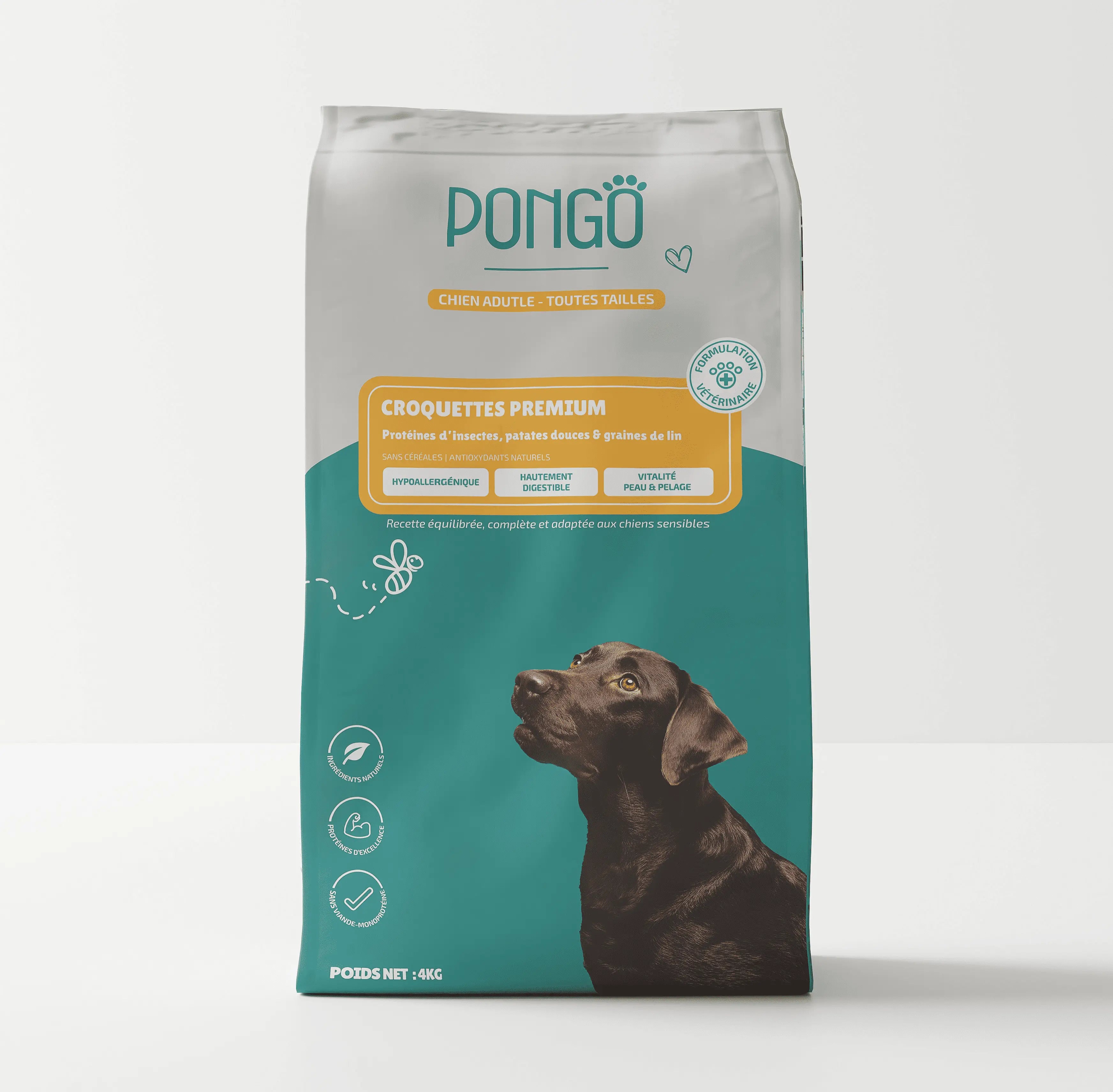Why does my dog have soft stools and how can I fix it?
Understanding Your Dog’s Soft Stools
Soft stools or diarrhea in dogs are a common concern among pet owners. While they’re not always a sign of a serious issue, they can indicate an underlying health problem or dietary imbalance. In this article, we explain the potential causes of soft stools in dogs and share effective solutions to help resolve the issue.
I - Causes of Soft Stools in Dogs 🤨
A sudden change in diet 👎🏼
Introducing a new food or abruptly switching kibble brands can disrupt your dog’s digestive system.
Inappropriate or poor-quality ingredients ❌
Some dog foods contain additives or ingredients that are hard to digest, such as animal by-products or excessive grains.
Food allergies or intolerances 🤢
Sensitivity to certain proteins or ingredients can trigger digestive issues.
Intestinal parasites 🪱
Worms or other parasites are a common cause of soft stools.
Infections 🤒
Viral or bacterial infections can cause acute diarrhea.
Medical conditions 😷
Conditions like exocrine pancreatic insufficiency or inflammatory bowel disease (IBD) may be underlying causes.
Ingestion of inappropriate substances 🫢
Dogs are curious and may ingest objects, plants, or toxic substances that irritate their digestive tract. Soft stools can also result from too many treats or table scraps.
Stress and anxiety 😳
Just like humans, dogs can suffer from digestive upset due to stress or changes in their environment.
II – How to Identify the Cause 🧐
Start by checking whether something has changed in your dog’s eating habits: too many treats, table scraps, a recent kibble switch, ingestion of something inappropriate, or a new medication?
If so, there’s a high chance these dietary changes are to blame.
If not, does your dog seem stressed ? Has your routine changed ? Have you moved, or introduced a new pet? If so, consult your vet for guidance on reducing your dog’s stress.
Still no clues? The cause might be parasites, a bacterial or viral infection, or an underlying disease. In this case, we strongly recommend visiting your veterinarian. They may perform further tests (bloodwork, imaging, biopsies) to determine the origin of the digestive issue.
III – How to Help and Prevent Soft Stools 💩
🍽️ Fasting : Start by putting your dog on a 24-hour fast. This helps rest the digestive system and observe whether the symptoms persist.
💧Hydratation : Soft stools can lead to dehydration. Make sure your dog drinks enough water.
💊 Intestinal protectants : It is recommended to give your dog intestinal protectants containing smectite or similar agents.
😴 Rest : Your dog needs peace and rest to recover from digestive distress.
After the fasting period, reintroduce food in small divided meals throughout the day (4 to 6 feedings).
Avoid giving treats or table scraps during this time.
Tip: Avoid table scraps, limit treats, and opt for natural, healthy chews.
If soft stools last more than 48 hours or are accompanied by vomiting, fever, or loss of appetite, contact your vet. They’ll determine the most appropriate treatment:
-
In case of illness: Your vet will prescribe the necessary treatment and medications.
-
In case of stress: They can suggest calming strategies or supplements.
-
In case of intolerance or poor diet: Your vet may recommend a more suitable food.
For dogs with sensitive digestion, intolerances, or allergies, we recommend hypoallergenic kibble. These help improve stool consistency and reduce digestive issues.
At PONGO, we offer insect-based hypoallergenic kibble. Rich in nutrients and highly digestible, they are an excellent alternative to traditional proteins while being eco-friendly. ✨
Check out our premium hypoallergenic insect-based kibble here :

Important : To prevent soft stools, transition to new food gradually by mixing old and new kibble. We recommend a 7 to 10-day transition. See our full transition guide here.
A probiotic supplement can also help restore or maintain a healthy gut flora.To prevent worms and intestinal parasites, make sure your dog is regularly dewormed according to your vet’s recommendations.
In general a balanced high-quality diet and regular veterinary check-ups (annual visits, parasite treatments) will help prevent soft stools and detect potential diseases early. 🙏🏼
Want more info? Check out our article : Dog Diarrhea What to Do and When to Worry ?




